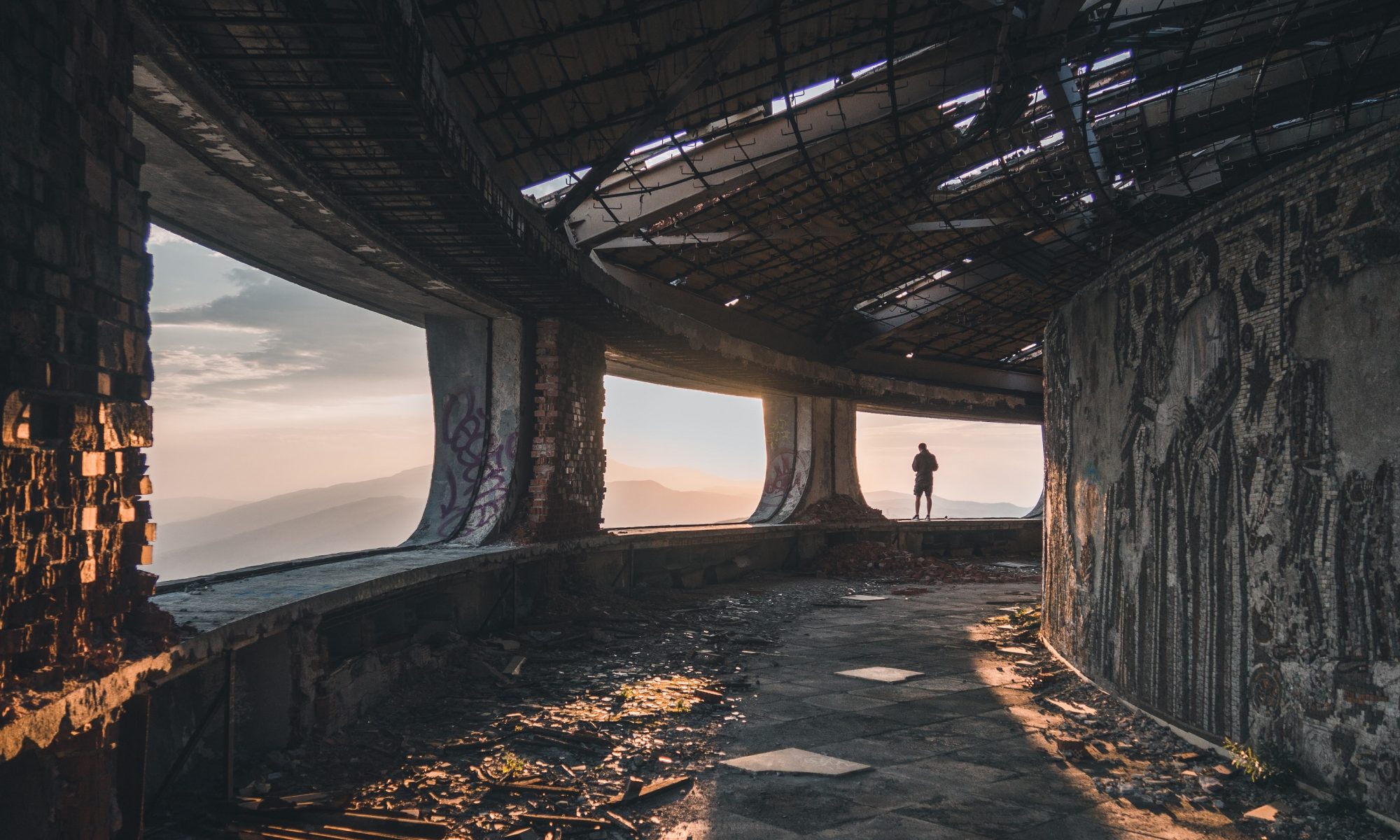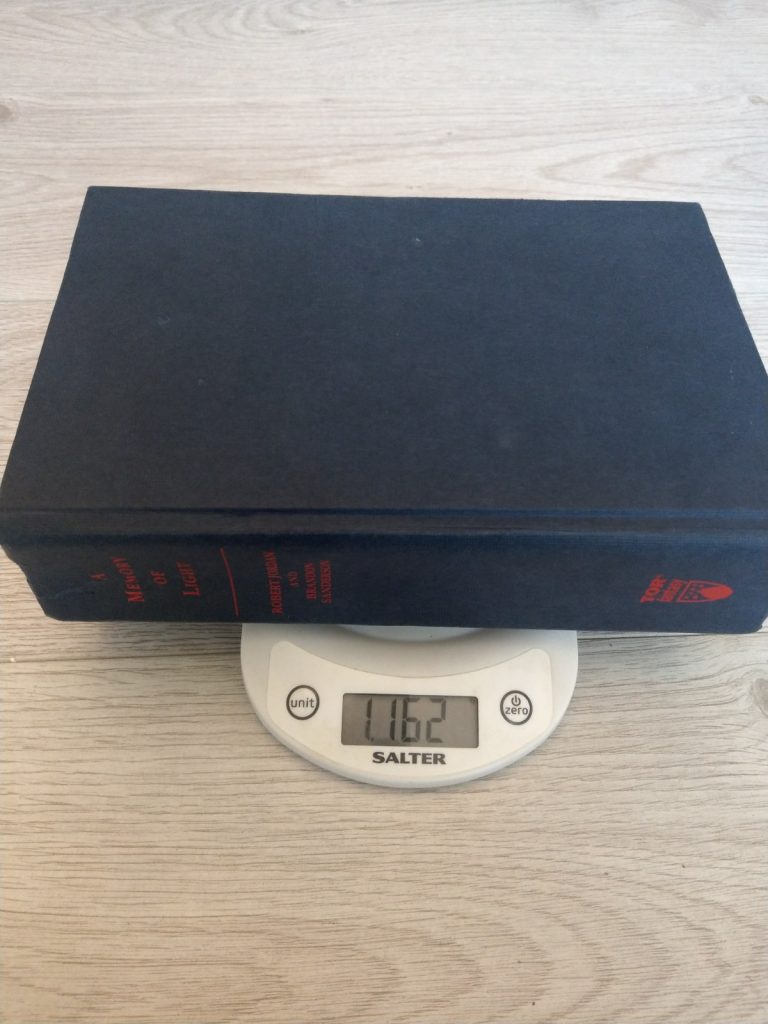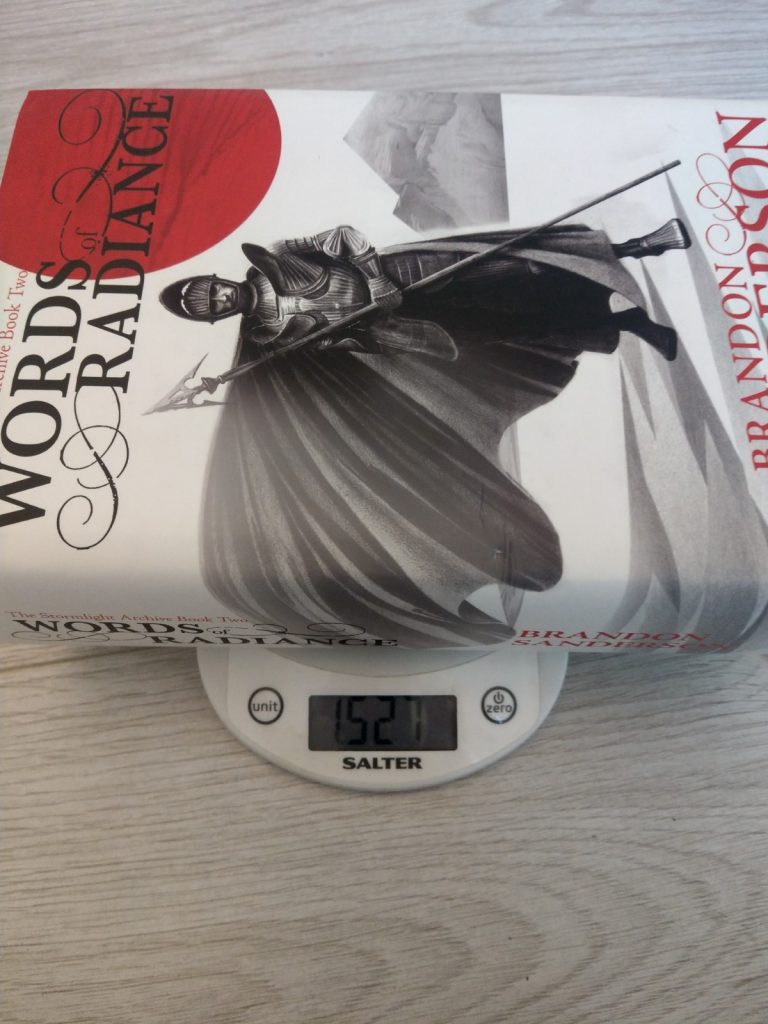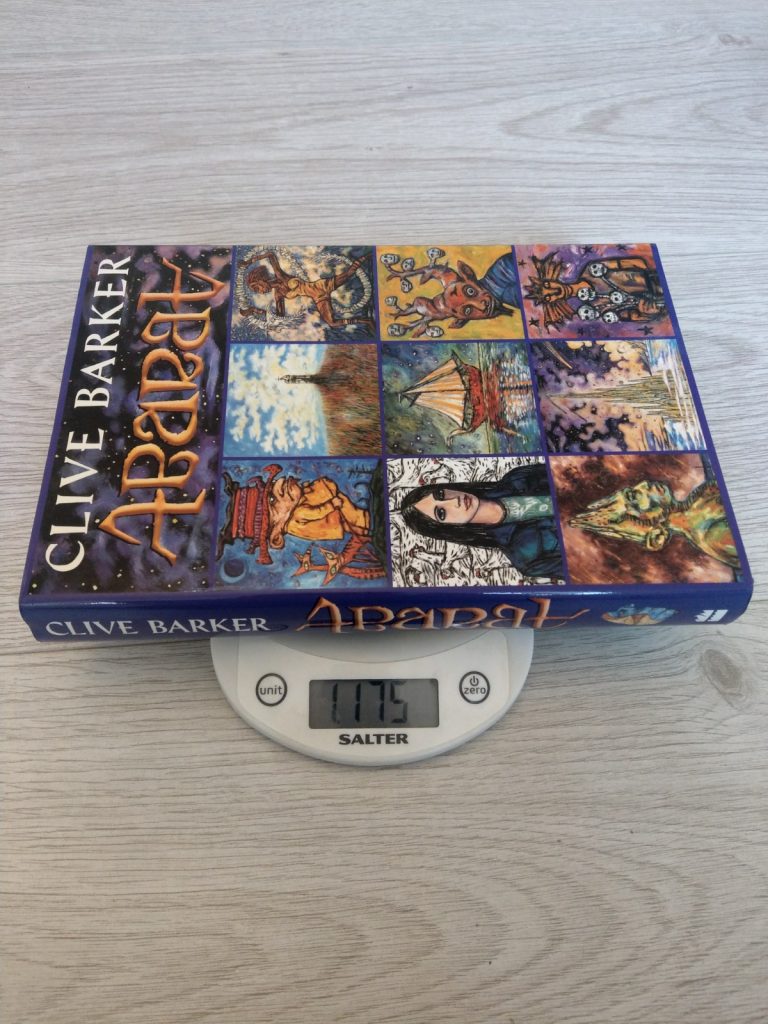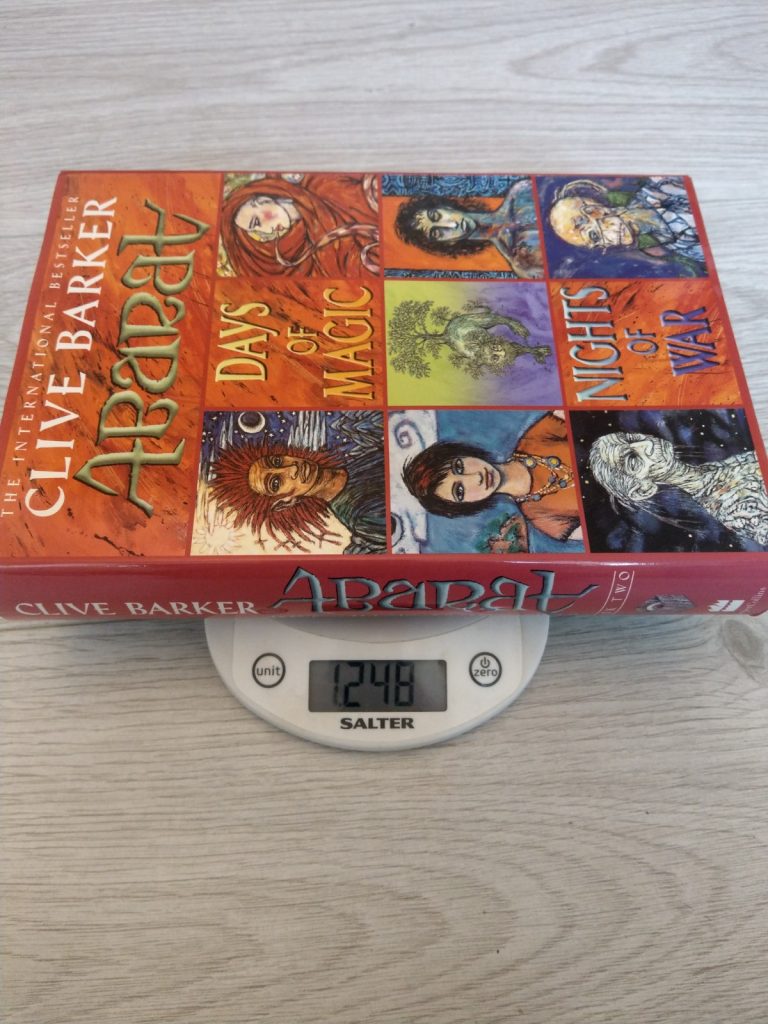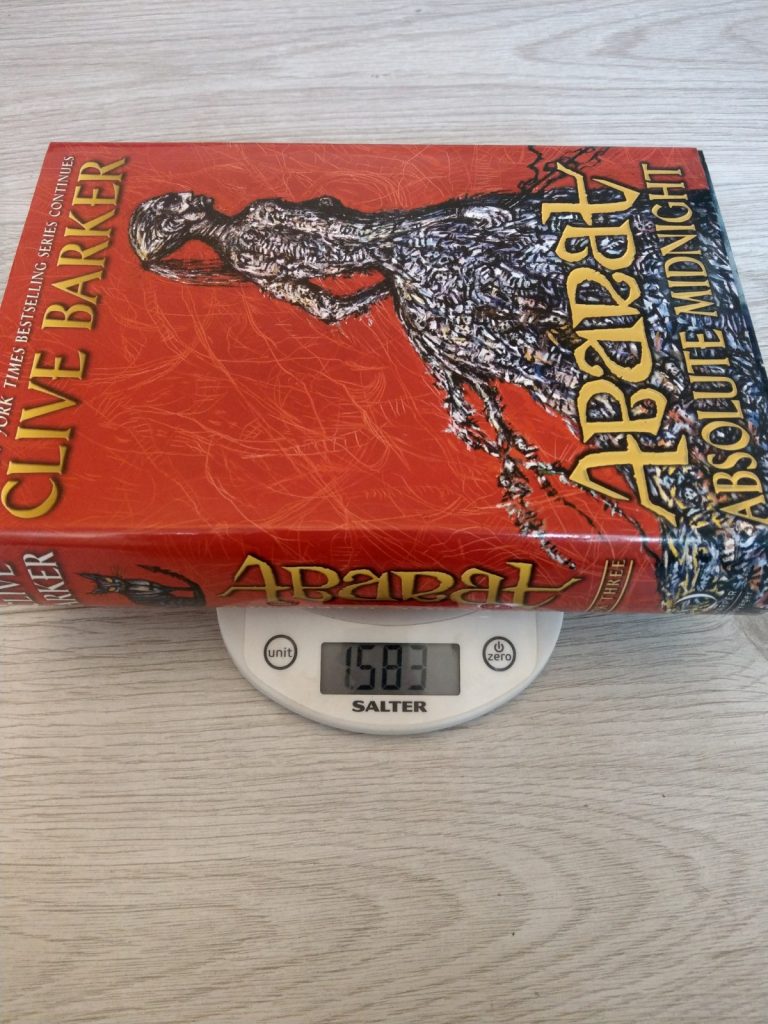One of the themes that I’ve always enjoyed in literature, film and TV is found family. I was absolutely enchanted by Monica Hughes’ Invitation to the Game as a child, reading it again and again, following Lisse as she and her schoolfriends live together and eventually band together into a strong, family-like unit in the dystopian future.
It’s a theme that pervades much of today’s literature and film, from The Gilded Wolves to The Fast and the Furious, the latter of which I’ll admit to being a firm fan of! The idea that you might not fit in with your regular – biological – family (or you can!) but that you can find another close group of friends, so close that it becomes like family, is an incredible one and speaks to perhaps some of the deepest pack instincts within us.
I can’t use that word – pack – without giving a shout out to the Assassin’s set of books by Robin Hobb, where Fitz and Nighteyes, his wolf companion, literally bond and become a very close, two-person unit, occasionally bringing in others as the journey requires.
In Parasites, Kael and Alessia (along with Basteel, and in previous journeys, Caroline) have become a kind of found family, albeit a small one. They’ve been through a lot together, weathering the last ten years and becoming close. Their journey in Parasites does begin to test the relationship, but one thing I’ve noticed is that family dynamics are almost the third (or N+1) person in the family group. The relationship between Kael and Alessia, their friendship, is essentially its own structure, and structures can be stronger or tested in bad conditions.
Basteel, their bodyguard, strengthens that family structure, and the presence of others tests it, putting pressure on the two to consider other goals and possibilities. We don’t really explore the duo’s past in Parasites, but there’s plenty of time for flashbacks and conversations about it – there’s a little at the start, about some of the more memorable experiences that the two have had together – but rest assured that there will be more revealed in books two and three.
I’ve thought about doing a short novella about them, but I’m leaning more towards the possibility of a Basteel and Caroline short story; the sturdy bodyguard and his agile partner have been through their share of scrapes, and their relationship is going to be an important sub-theme through the rest of the trilogy.
The events in Parasites certainly brought Kael – always the natural pessimist (well, he would say realist) – and Alessia, the more hopeful of the two, closer together, and taught the engineer a thing or two about optimism. It’s a fantastic thing to find ‘your people’ whether or not they’re as close as pack or found family. Relationships don’t come easily, especially when you’re not tied together by blood – but they’re definitely something worth investing in.
